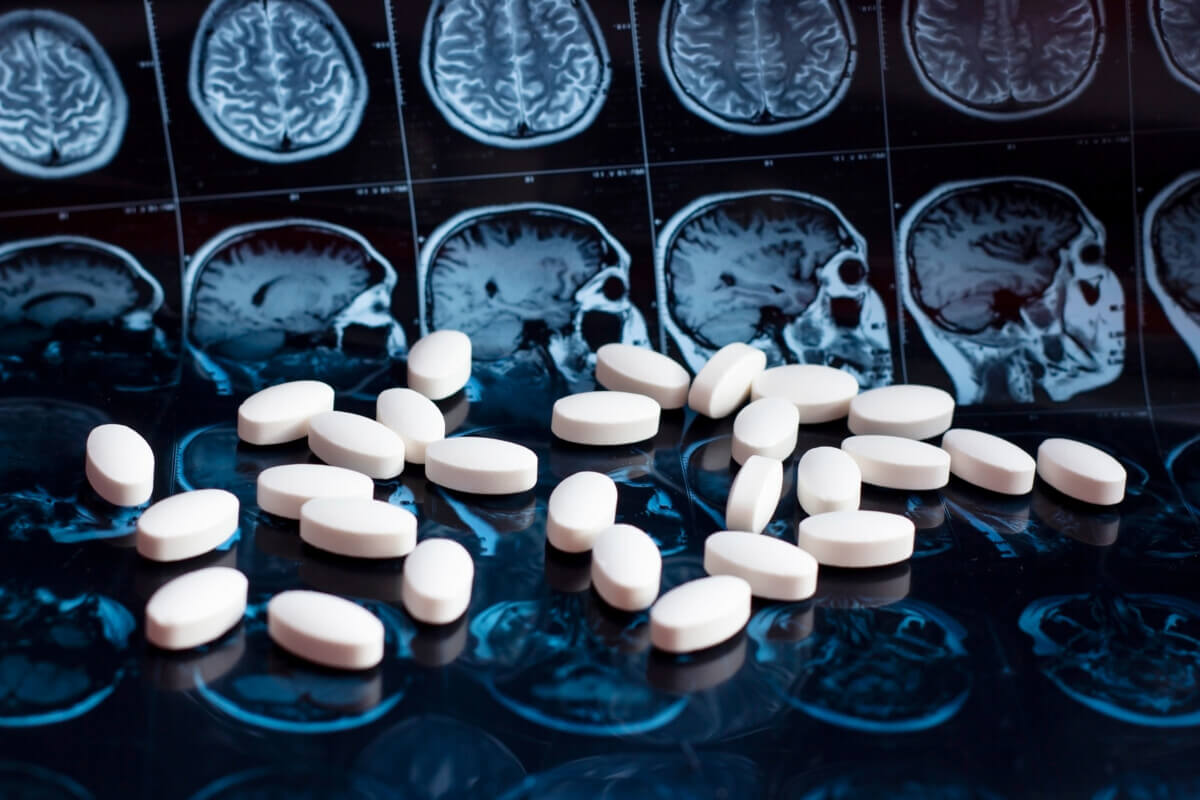
(© Katsiaryna - stock.adobe.com)
BARCELONA, Spain — Currently, there is no medication that can cure Alzheimer's disease, the most common form of dementia. While research to find a new and effective treatment continues, a new study reveals a group of prescription drugs already approved for use can reverse the disease's impact.
In a study on mice, scientists from IRB Barcelona have discovered that two non-steroidal anti-inflammatories (NSAIDs) and two high blood pressure medications can undo the cognitive impairment that Alzheimer's causes. The drugs also reduced the amount of harmful plaques building up in the brain's hippocampus and partially restored genes with a link to the disease.
Along with finding a group of existing drugs which prevent mental decline, the team also identified three distinct stages of Alzheimer's — the initial, intermediate, and advanced phases. In each stage, researchers analyzed the behavior of the mice, studying Alzheimer's impact on the brain — specifically in the hippocampus. From there, they measured gene expression and the levels of proteins, which build up and form disruptive plaques in dementia patients.
“What we have observed is that, although Alzheimer's disease shares some features of accelerated aging, it is also affected by totally different ageing processes,” says Dr. Patrick Aloy, head of IRB Barcelona's Structural Bioinformatics and Network Biology lab, in a media release.
“This disease is caused by the abnormal accumulation of certain proteins, and we have seen that, in some cases, this is not caused by overproduction but by an error in their removal.”
Which prescriptions can help the brain?
Study authors used a computational tool to find existing drugs on the market today which can reverse cognitive damage at the cellular level. After compiling a list of possible candidates, they tested the drugs on mice suffering from the degenerative condition.
Four drugs ultimately succeeded at reversing Alzheimer's and stopping its symptoms in mice. The two NSAIDs are dexketoprofen and etodolac and the two anti-hypertensives are penbutolol and bendroflumethiazide.
“Epidemiological studies already indicated that people who regularly take anti-inflammatories show a lower incidence of Alzheimer's disease, but this had not been correlated with a specific medication or mechanism. The results that we are publishing are most promising, and we hope that further research can be done on them because they could give rise to a paradigm shift in the treatment of this disease,” Dr. Aloy adds.
Along with finding these new avenues for treatment, researchers say identifying the distinct phases of Alzheimer's is key for early detection. Diagnosing the disease in its early stages will allow doctors to treat patients before brain damage becomes too severe.
The findings appear in the journal Genome Medicine.










